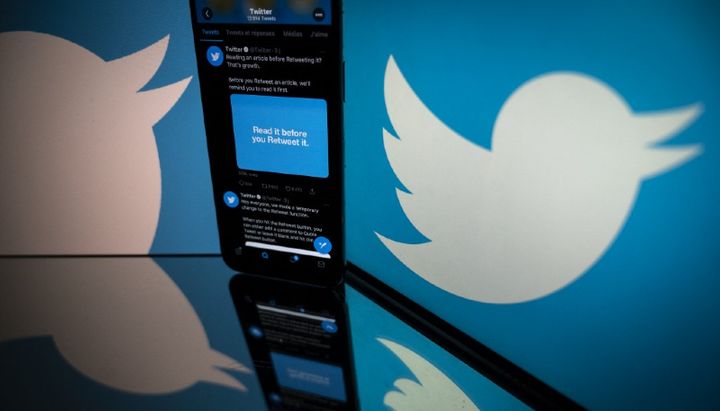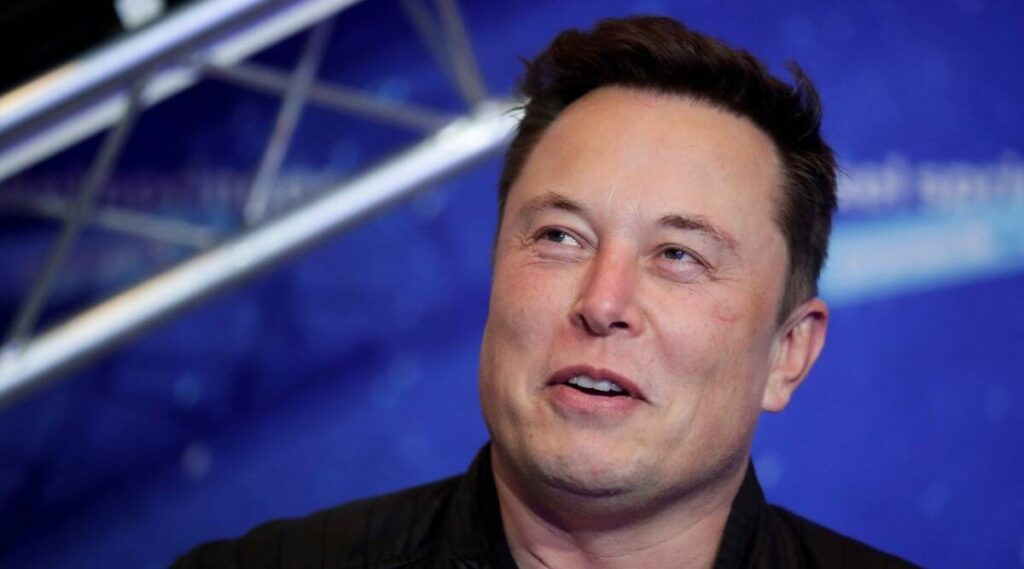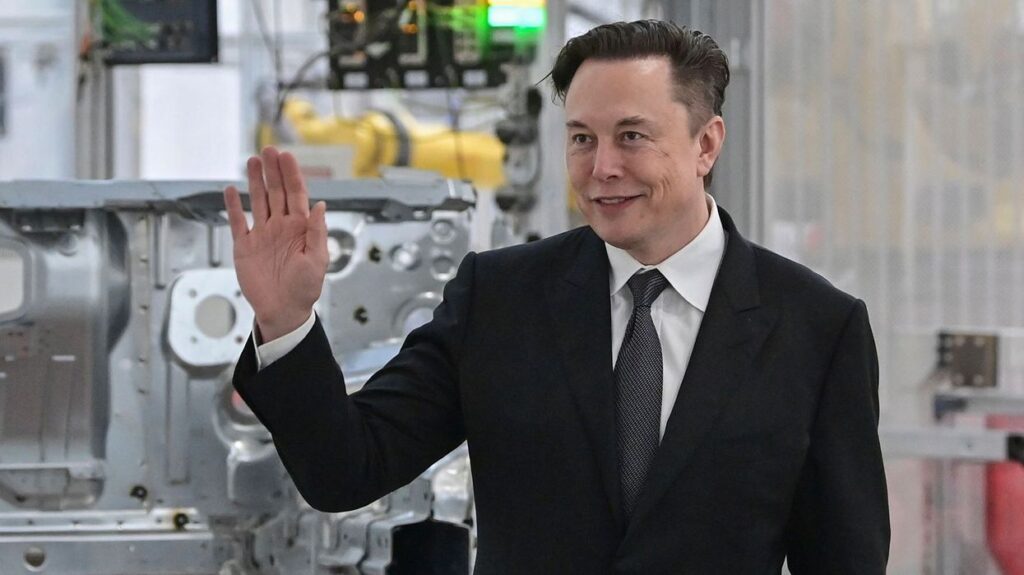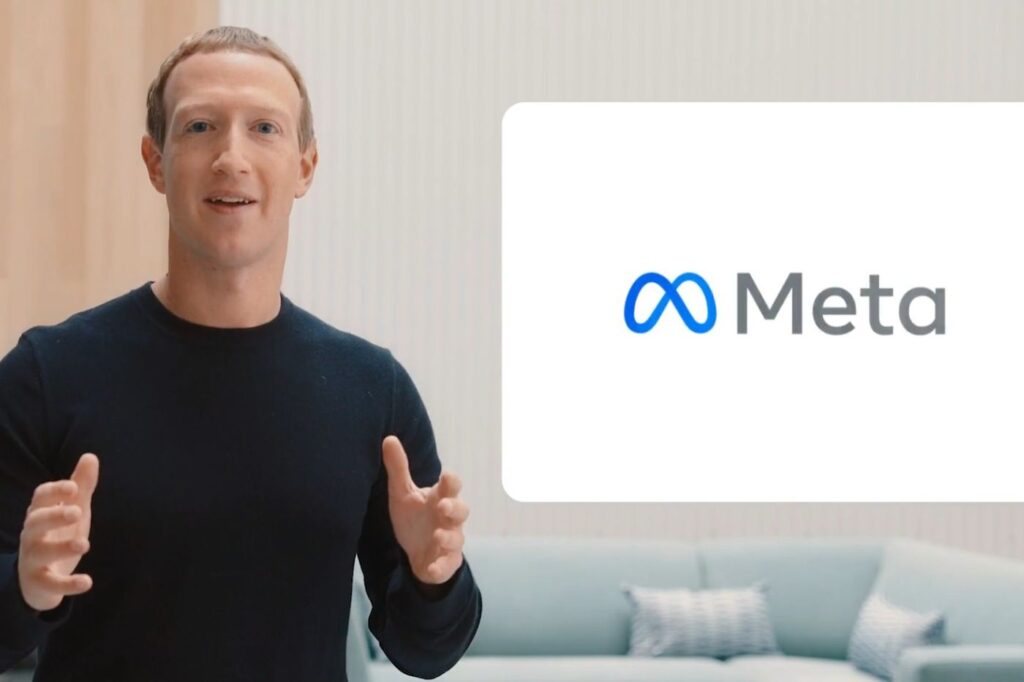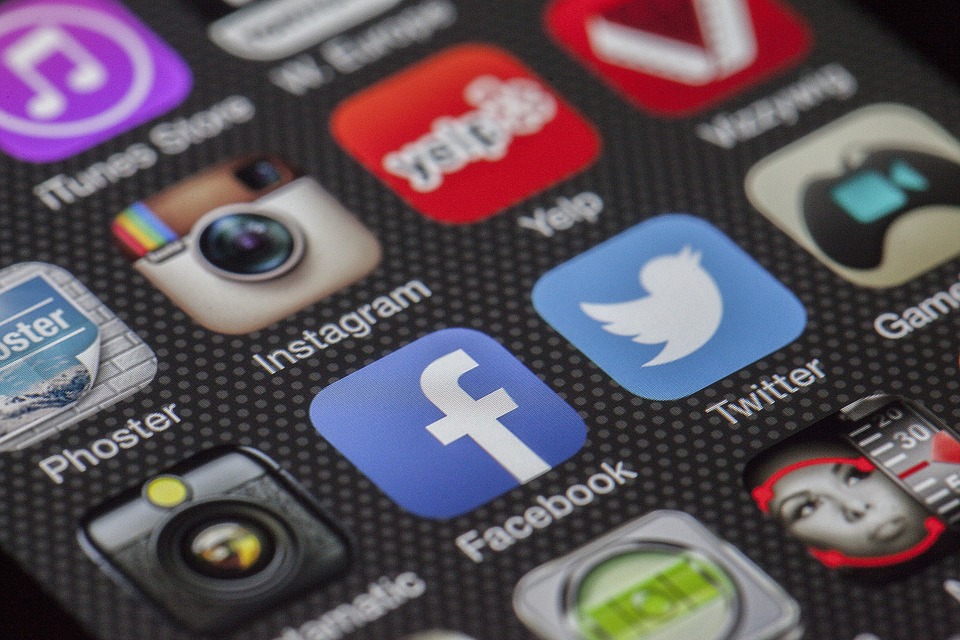Indian Users Can Choose To Not Accept Meta Privacy Policy.
Even as it faces regulatory scrutiny in different parts of the world, including India, Meta said on May 26 that it will be revising and re-designing its privacy policy after four years to make it easier for consumers to comprehend and provide more transparency about how they utilize their information.
The new policy will take effect on July 26, 2022, and will apply to Facebook, Instagram, Messenger, and other Meta products. WhatsApp, Workplace, Free Basics, Messenger Kids, and the use of Quest gadgets are not covered without a Facebook account because they have their own privacy policies.
“The last three years have brought a number of changes to the privacy landscape as a whole, including to peoples’ desire to better understand how their data is being used,” said the company.
Source: www.ndtv.com
Indeed, this comes at a time when there is a global discussion about people’s rights to privacy or the human right to privacy. The human right to privacy refers to a person’s ability to choose when, how, and why others, including businesses, handle their personal information.
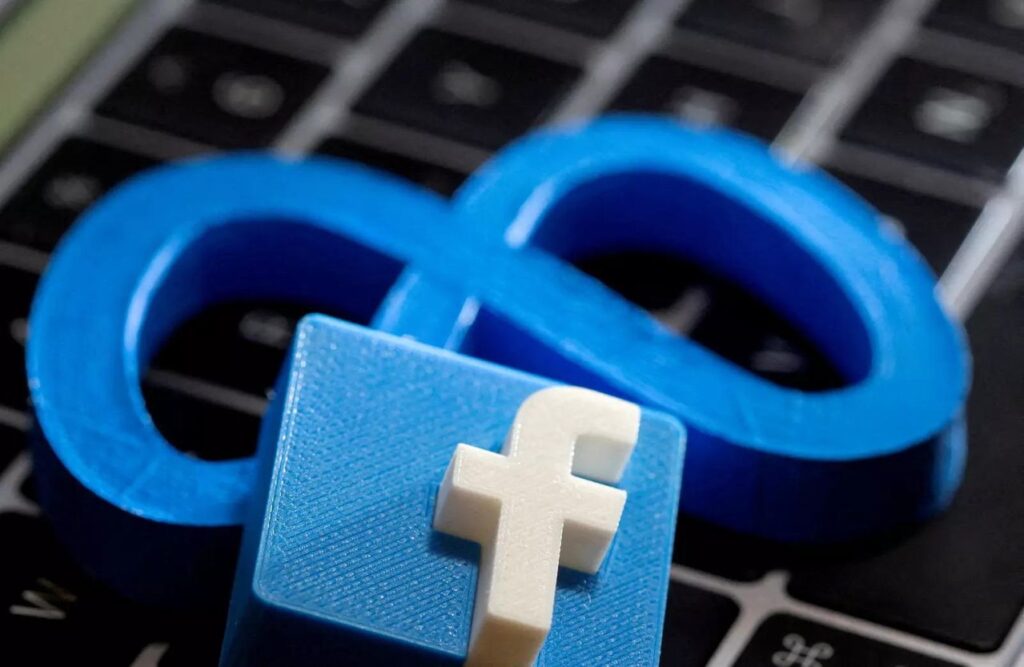
To maintain dignity, safety, and confidence, privacy must be protected. Individuals can select how their data is utilized and develop their personalities freely without fear of data misuse. Its revising its data policy for Facebook, Messenger, and Instagram to give consumers greater control over how the business uses their data and the material they publish.
Meta will also outline more clearly how it processes the information it collects from users under the updated privacy policy, including how it processes location-related information such as internet protocol addresses, check-in at locations, and other information such as current city, according to the company. The social media titan claims that the new privacy policy does not grant it greater access rights to user data, but rather allows Meta more control over customizing adverts based on consumer choices and sharing data, with all controls in one place.
These expectations include the rights and obligations described in our Community Standards, for example when we may disable or terminate accounts that violate our Terms or Community Standards or others’ intellectual property rights or other laws,” the company said.
Source: economictimes.indiatimes.com
Despite the fact that Meta has released the new policy and plans to implement it by July 26, users in India will have the option of accepting the terms and moving to the new regime or continuing to use Facebook, Messenger, and Instagram under the terms of the old data policy, according to the company.
“Our Privacy Policy is informative in most countries, so we’re publishing a prominent notice to alert people to the change, but they’re not invited to, say, click to consent to the modification to our Privacy Policy.” Users in India have the option of accepting or rejecting the new Privacy Policy and Terms of Service, with no effect on their access to our products,” said Meta.
Source: economictimes.indiatimes.com
Meta’s stance on allowing Indians to opt out of Facebook’s, Messenger’s, and Instagram’s new privacy policies is similar to what it did with WhatsApp.
It changed its terms of service in late January of last year, stating that users who did not accept the terms by February 8 would be prohibited from utilizing some of the app’s fundamental features. Following user protests, the deadline was pushed back to May 15, and WhatsApp stated that individuals who had not accepted the revised conditions of the policy will be reminded on a regular basis.
WhatsApp’s stance drew criticism from a number of countries around the world, prompting the firm to backtrack and say that it would not impede functionality for individuals who refused to accept the new terms, nor would it send reminders to people who refused to accept the new terms.
WhatsApp, Workplace, Free Basics, Messenger Kids, and a few more services that have their own privacy policies are not affected by the modifications announced on Thursday.

I am a second-year student pursuing Liberal Arts from Nmims. I am a painter, I love reading and have a great interest in cooking. I am also a trained kickboxer. I’ve always had a passion for writing and hence in my free time, I work as a freelance writer.
